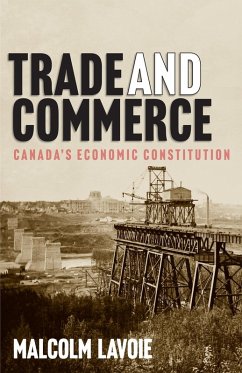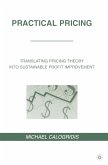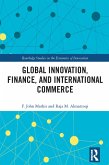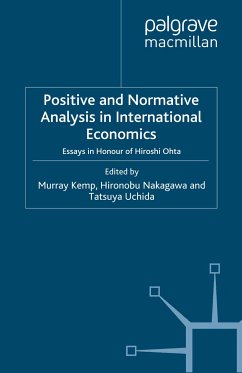In recent decades, the economic framework of Canada's Constitution has been a subject largely neglected by judges, scholars, and commentators. Trade and Commerce fills this gap by bringing to light a lost understanding of how the Constitution structures economic relations.As Malcolm Lavoie reveals, the Constitution includes foundational commitments to property rights, local government autonomy, and the principle of subsidiarity. At the same time, it creates a platform for integrated national markets with secure channels for interprovincial trade. This economic vision remains a vital part of Canada's constitutional order and is relevant to a purposive interpretation of the Constitution. But contemporary legal discourse has begun to lose touch with this vision, with regrettable consequences in a number of different policy areas.Exploring the implications of the economic Constitution in the context of contemporary issues - including disputes over interprovincial trade and jurisdictional tensions between federal, provincial, and Indigenous governments with respect to the environment and the economy - Trade and Commerce restores economic ideas to the forefront of constitutional thinking in Canada.
Dieser Download kann aus rechtlichen Gründen nur mit Rechnungsadresse in A, B, BG, CY, CZ, D, DK, EW, E, FIN, F, GR, HR, H, IRL, I, LT, L, LR, M, NL, PL, P, R, S, SLO, SK ausgeliefert werden.









